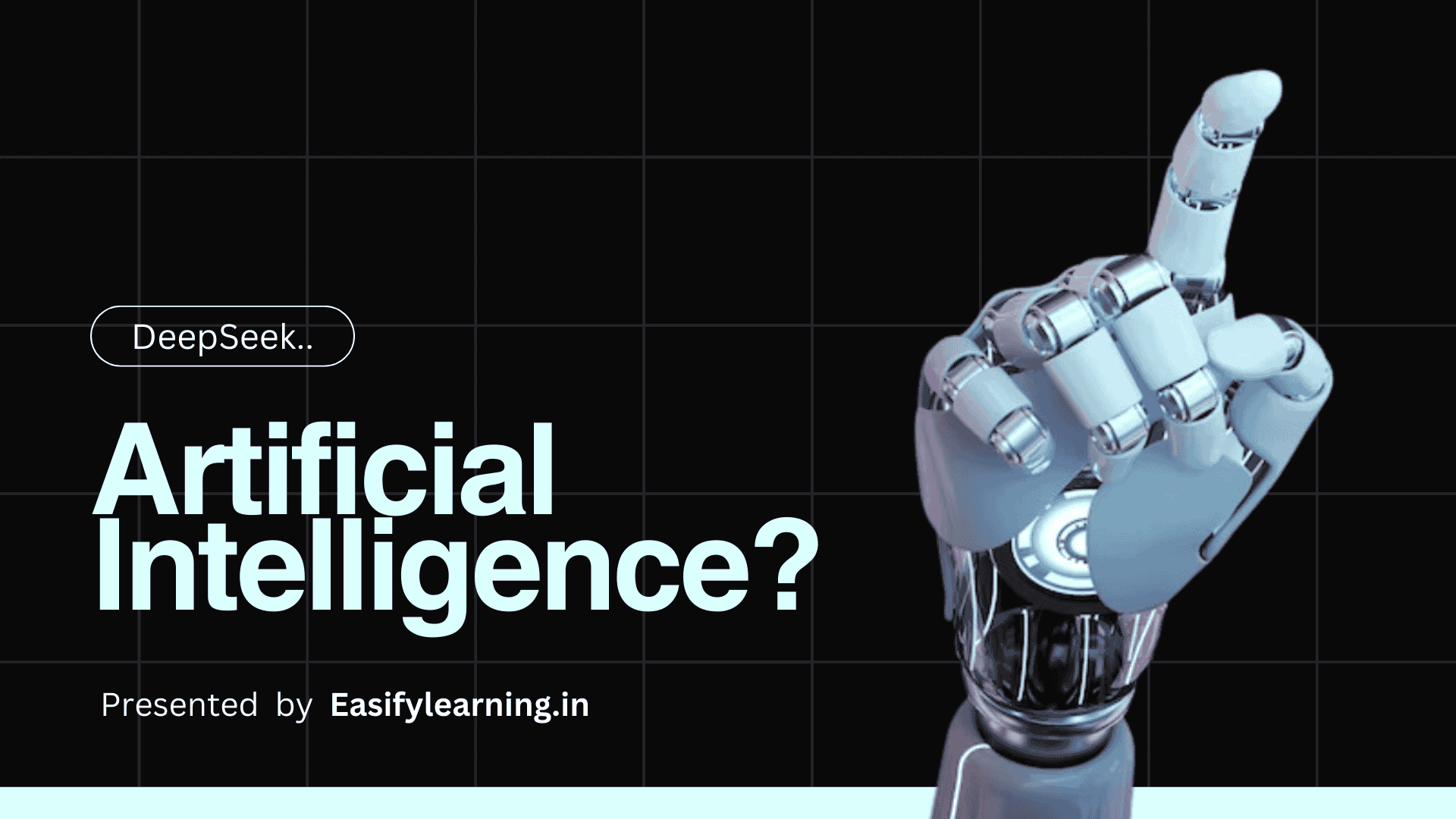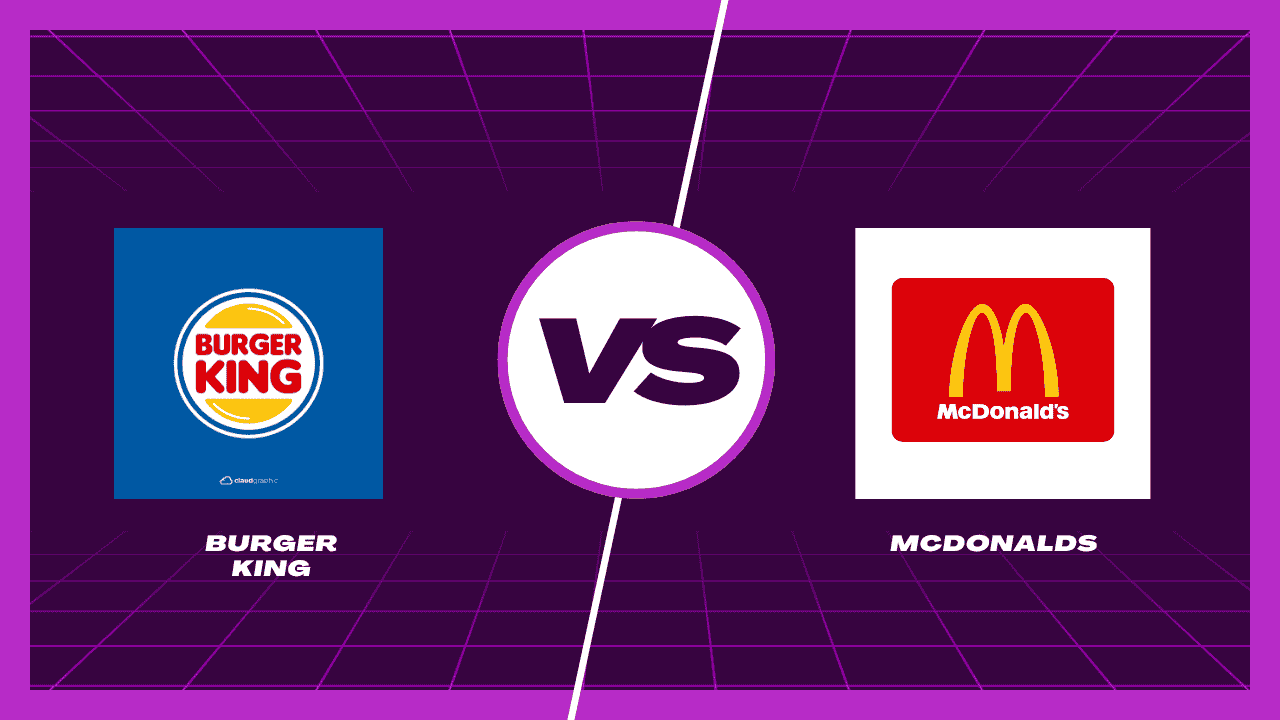Introduction
Artificial Intelligence (AI) has become a transformative force in multiple industries, and digital marketing is no exception. With the emergence of DeepSeek effect on digital marketing, an AI-powered search engine, the landscape of digital marketing is undergoing a significant shift. Unlike traditional search engines that rely primarily on keyword-based indexing, DeepSeek leverages deep learning, natural language processing (NLP), and advanced AI algorithms to deliver highly relevant, context-aware search results.
This evolution is forcing marketers, SEO specialists, and content creators to rethink their strategies. In this blog, we will explore how DeepSeek is reshaping digital marketing and what businesses must do to stay ahead in this AI-driven era.
Understanding DeepSeek: What Makes It Different?
DeepSeek is an advanced search engine that utilizes AI to provide more intelligent, accurate, and intent-based search results. Unlike conventional search engines that prioritize keyword density and backlink structures, DeepSeek is designed to analyze content holistically. It identifies user intent and delivers information in a more personalized manner.
One of the primary advantages of DeepSeek is its ability to offer contextual understanding. Instead of displaying multiple links, it provides AI-generated summaries that directly answer user queries. Additionally, it supports enhanced voice and conversational searches, allowing users to interact more naturally with search engines. This level of precision and personalization challenges marketers to refine their content strategies to align with AI-driven search algorithms.
Another significant shift introduced by DeepSeek is the reduced dependence on backlinks. Traditionally, search engine optimization (SEO) has relied on backlinks as a major ranking factor. However, DeepSeek places more importance on content relevance, user engagement, and experience. This means that marketers must now prioritize creating high-quality, in-depth content that directly meets user needs rather than merely focusing on external linking strategies.
The Impact of DeepSeek on Digital Marketing Strategies
Rethinking SEO Strategies
With DeepSeek redefining search, businesses need to rethink their SEO approaches. Instead of relying solely on keywords, content must be optimized for semantic search. This involves structuring information in a way that AI can understand and prioritize user intent over rigid keyword strategies.
SEO specialists must focus on topic clusters rather than individual keywords. This means creating comprehensive content pieces that cover entire topics, enabling search engines to associate the material with a broader subject matter. Internal linking strategies should also be enhanced to create a more cohesive flow of information, allowing DeepSeek to contextualize and rank content accordingly.
Another key factor is the rise of zero-click searches. Since DeepSeek provides direct answers in AI-generated summaries, businesses must optimize for featured snippets. This involves structuring content in a way that enables search engines to extract key information easily, such as using bullet points, tables, and well-formatted headings.
Learn more about boosting your SEO: CLICK HERE
Transforming Content Marketing
Content remains at the heart of digital marketing, but DeepSeek demands a shift in how content is created and distributed. Unlike conventional methods that focus on keyword optimization, DeepSeek emphasizes conversational and contextually rich content.
Brands must prioritize storytelling and engaging narratives that resonate with audiences. This means writing in a natural tone, answering potential user questions proactively, and incorporating interactive elements such as quizzes and videos. AI-assisted content creation is becoming more prominent, but while automation can help with efficiency, human creativity remains essential in crafting compelling messages that truly connect with audiences.
User-generated content (UGC) is another area gaining prominence. DeepSeek values real user interactions, making reviews, testimonials, and community discussions crucial for ranking. Businesses should encourage and leverage UGC to build credibility and enhance content authenticity.
Revolutionizing PPC Advertising
DeepSeek’s AI-driven approach is also transforming pay-per-click (PPC) advertising. Instead of focusing solely on traditional keyword targeting, businesses must align their ad strategies with search intent.
Intent-based advertising enables marketers to reach highly relevant audiences by analyzing behavior patterns rather than demographic data alone. AI-powered bidding strategies ensure that ads are displayed to users who are most likely to convert. This means businesses should shift their focus from generic ad placements to more dynamic, behavior-driven campaigns.
Landing page optimization also plays a crucial role. Since DeepSeek prioritizes user experience, ad campaigns must lead to high-quality, user-friendly landing pages that are designed to provide immediate value. Cluttered or poorly structured pages will likely perform poorly under DeepSeek’s evaluation metrics.
The Role of Voice Search and AI Chatbots
DeepSeek’s natural language processing capabilities elevate the importance of voice search optimization. More users are relying on voice assistants like Siri, Alexa, and Google Assistant, making it essential for businesses to optimize their content for spoken queries. This involves using long-tail keywords and structuring content in a question-and-answer format to match voice search patterns.
AI chatbots are also becoming more integral to marketing strategies. Businesses can leverage chatbots to provide instant, AI-optimized responses to customer queries. By ensuring that chatbot interactions align with DeepSeek’s algorithmic preferences, businesses can enhance engagement and retention rates.
Local SEO is another critical factor. DeepSeek understands location-based intent better than traditional search engines, making it essential for businesses to optimize their local listings. Updating Google My Business profiles, gathering customer reviews, and optimizing content for “near me” searches can significantly enhance local search visibility.
Adapting Social Media Strategies
DeepSeek’s AI-driven search capabilities impact social media engagement as well. Social proof, brand mentions, and real user interactions play a more significant role in search rankings. Brands must actively engage with their audiences, encourage discussions, and cultivate communities to improve their digital presence.
Video content is another growing area. Since DeepSeek prioritizes engagement-driven content, videos should be optimized with appropriate descriptions, transcripts, and metadata. AI-generated insights can help businesses analyze social media trends and tailor content accordingly Deepseek effect on digital marketing.
Conclusion: Preparing for the DeepSeek Era
DeepSeek is reshaping digital marketing by moving away from traditional keyword-based strategies and emphasizing AI-driven, intent-based search methodologies. Marketers must adapt by focusing on semantic SEO, AI-optimized content, intent-based advertising, and conversational engagement strategies.
By leveraging DeepSeek’s capabilities, businesses can future-proof their digital marketing efforts and maintain a competitive edge in this evolving landscape. Success in the DeepSeek era requires a deep understanding of user intent, a commitment to high-quality content, and a willingness to embrace AI-powered tools.
As we move forward, brands that proactively adapt to DeepSeek’s innovations will thrive in the AI-driven digital marketing landscape. Now is the time to embrace this transformation and redefine marketing strategies for the future.



